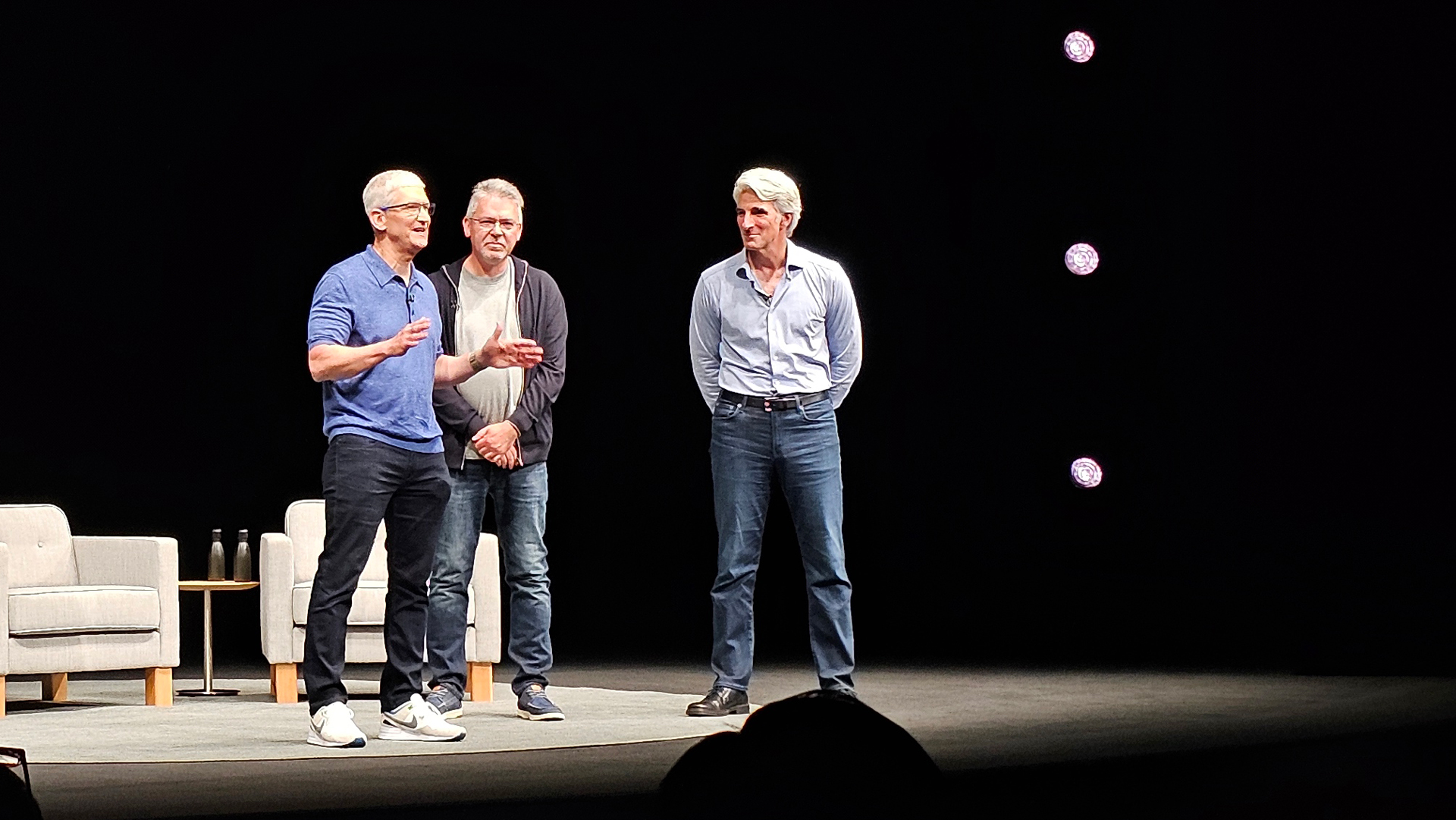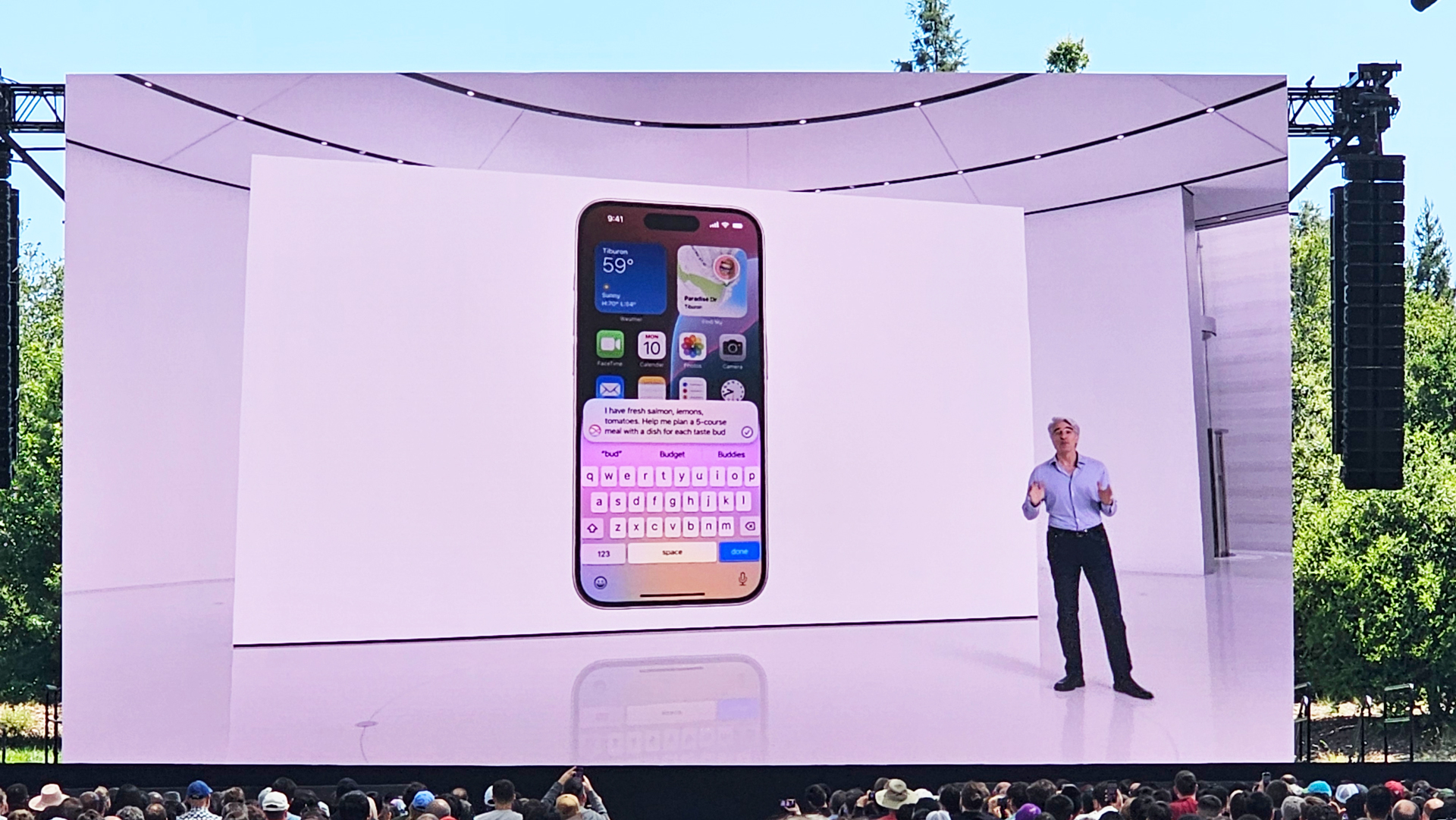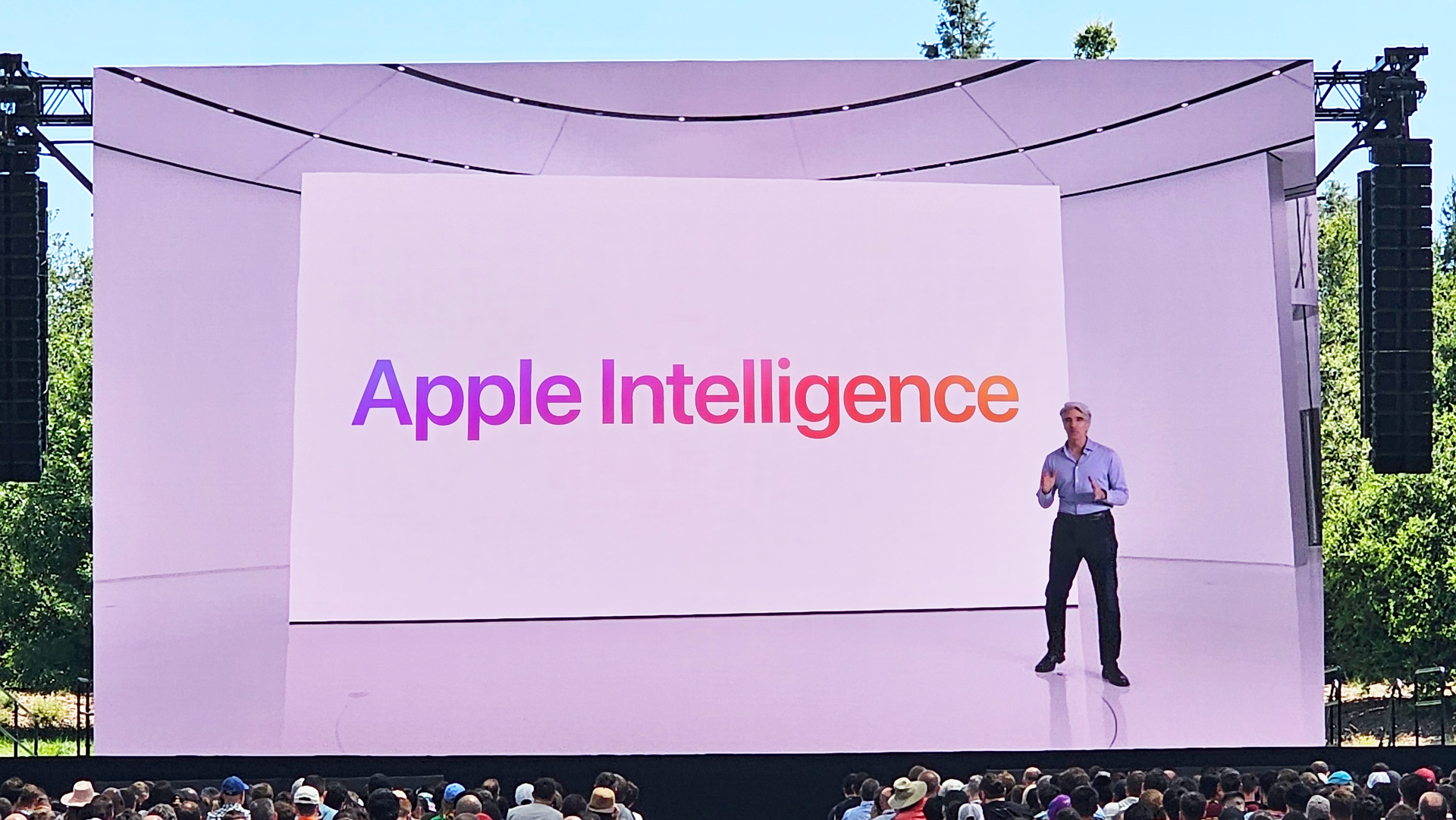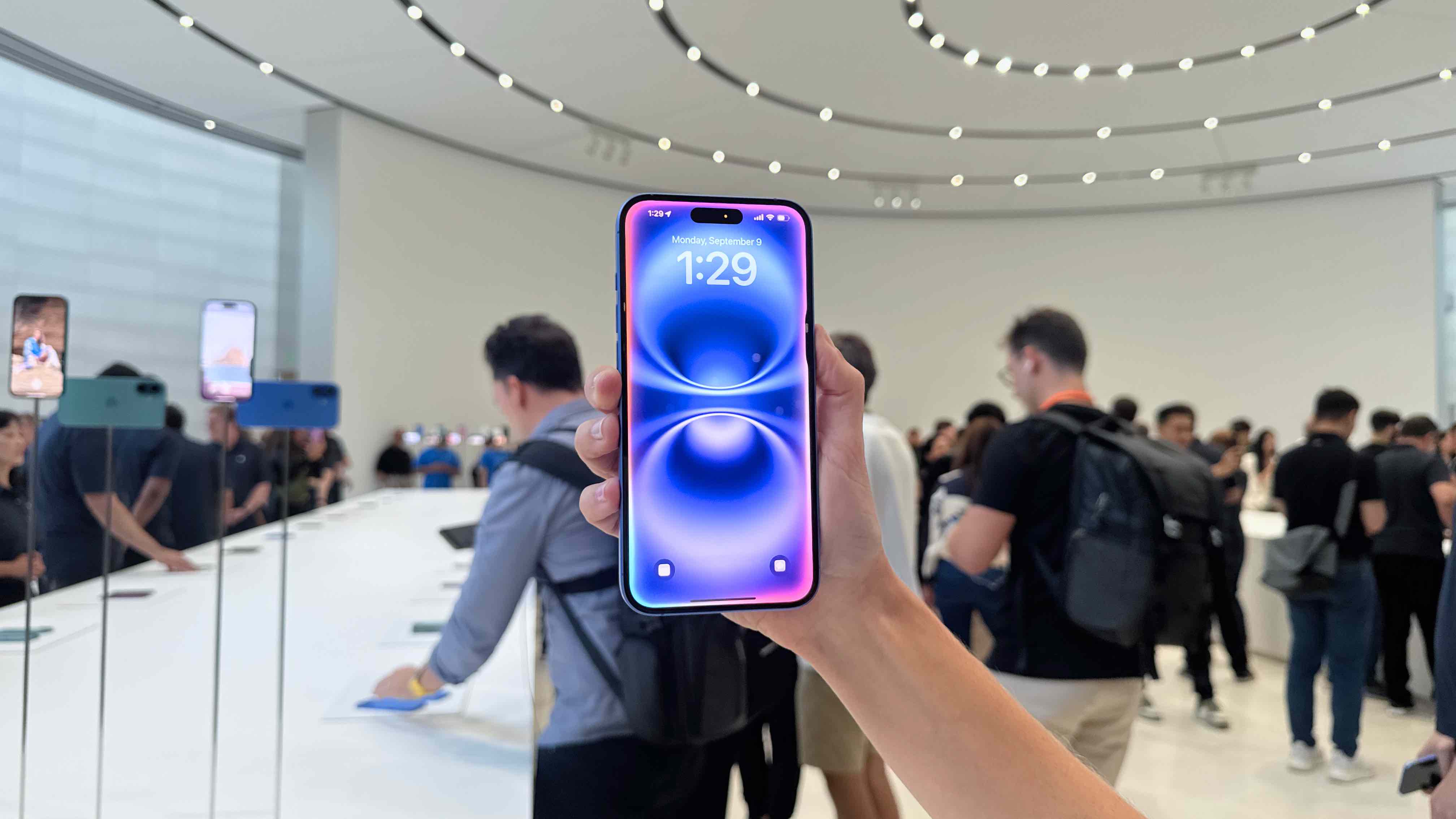Apple's uncharacteristic Siri stumble is bad news for you, and now we may know how it happened and why there's reason for hope
A tale of two teams

As someone who's covered Apple for almost a quarter of a century, this Apple Intelligence Siri chapter is by far its most confounding one. We're now just two months away from the next Apple developer's conference, and it will likely mark an ignominious anniversary for Apple's artificial intelligence efforts.
Apple's uncharacteristic failure to deliver on a product promise has shocked many fans. Ever since the company announced it would not deliver some of the promised Siri enhancements this year, I, for one, have been wondering how we got here.
Now, a new report paints a surprising picture of rival AI factions or rather two teams with divergent strategies that somehow led to flashy demos and some unfulfilled promises.
Not everything in The Information's report on the Apple Siri debacle is surprising. I've been writing for some time about how Apple's usually laudable adherence to privacy principles hamstrung its Siri efforts.
However, The Information's claim that Apple's AI lead John Giannandrea and Craig Federighi (Apple's software engineering head) were in some fashion acting at cross purposes is unexpected.
Giannandrea's slow and steady approach and Apple's insistence on using its own models as opposed to, say, OpenAI's GPT LLMs was in stark contrast to the obvious excitement Federighi's Intelligent Systems team had for experimenting with and possibly using third-party models.
Two visions, no clarity

Internal battles are not unheard of in companies of all sizes, but they usually don't play out on a public stage at Apple. As The Information tells it, the Apple Intelligence demos I saw last June at WWDC may have broken what I thought was a cardinal rule for Apple: never announce technology that you can't demo live, at least in some fashion.
When Apple stunned WWDC 2023 with the new Apple Vision Pro, it followed later that afternoon by inviting a handful of journalists (including me) for hands-on demos. The pricey mixed reality headset wasn't done, but it was still functional enough to blow our collective minds.
In the case of Apple's Intelligence, though, our post-event demos were limited (Siri was no smarter). It seems that not only were many of the best bits not finished, but Apple may have shown them off in the pre-tapped keynote without giving the main Apple AI team in charge of Siri a full heads-up.
Doing so obviously put Apple in a tough spot. The pre-tapped WWDC video showed us a responsive and aware Siri capable of looking into your iPhone, its apps, and your information to take action on your behalf. Apple then promised we'd see it sometime that year.
Even after Apple delivered the iPhone 16 with iOS 18 and the first blush of Apple Intelligence (a new look, writing tools, Image Playground, Genmojis), most assumed it was just a matter of time before Siri got its major intelligence glow-up.
Half baked

By possibly demonstrating technology that was not ready or even fully programmed to run on any Apple Intelligence-ready iPhone, Apple may have set itself or, at least the Siri team, up for failure.
Apple hasn't spoken on the record about this beyond the initial announcement of the delay. News that Apple Intelligence is now reportedly under Craig Federighi's leadership is further proof that perhaps Apple realizes it chose the wrong path.
Federighi's team, according to The Information, is much more open to integrating third-party LLMs. It's a good strategy not only because it will help Apple's AI efforts get back on track but also because it's the same strategy employed by most of its AI competitors, at least those who are not at heart AI companies.
Late in the game, Amazon relied on Anthropic's Claude AI models to build its own Nova system. Samsung has leaned heavily on Google Gemini to develop its own models. As we well know, Microsoft made a big bet on OpenAI's GPT models to power Bing AI and then Copilot to build its own Microsoft AI models.
Siri will rise

This, folks, is the way in. Sure, it's maybe less predictable and, possibly, rock-solid secure than Apple's initial strategy, but most of these companies are racing ahead while iPhone fans wait for Apple to get its act together.
Federighi (and Vision Pro lead Mike Walker) taking over is good news, but much of Apple's future success in the AI space will depend on Apple CEO Tim Cook's leadership.
This failure happened under his watch, possibly because he trusted the team to get the job done and has been adamant about sticking to Apple's secure and private approach. Now Cook has to find a new plan and, with Federighi, identify a clear path that gets you the smarter Siri you want in 2026, if not sooner.
I've seen Apple do amazing things in the past, and honestly, I'm confident it'll do it again here.
You might also like
Get daily insight, inspiration and deals in your inbox
Sign up for breaking news, reviews, opinion, top tech deals, and more.

A 38-year industry veteran and award-winning journalist, Lance has covered technology since PCs were the size of suitcases and “on line” meant “waiting.” He’s a former Lifewire Editor-in-Chief, Mashable Editor-in-Chief, and, before that, Editor in Chief of PCMag.com and Senior Vice President of Content for Ziff Davis, Inc. He also wrote a popular, weekly tech column for Medium called The Upgrade.
Lance Ulanoff makes frequent appearances on national, international, and local news programs including Live with Kelly and Mark, the Today Show, Good Morning America, CNBC, CNN, and the BBC.
You must confirm your public display name before commenting
Please logout and then login again, you will then be prompted to enter your display name.